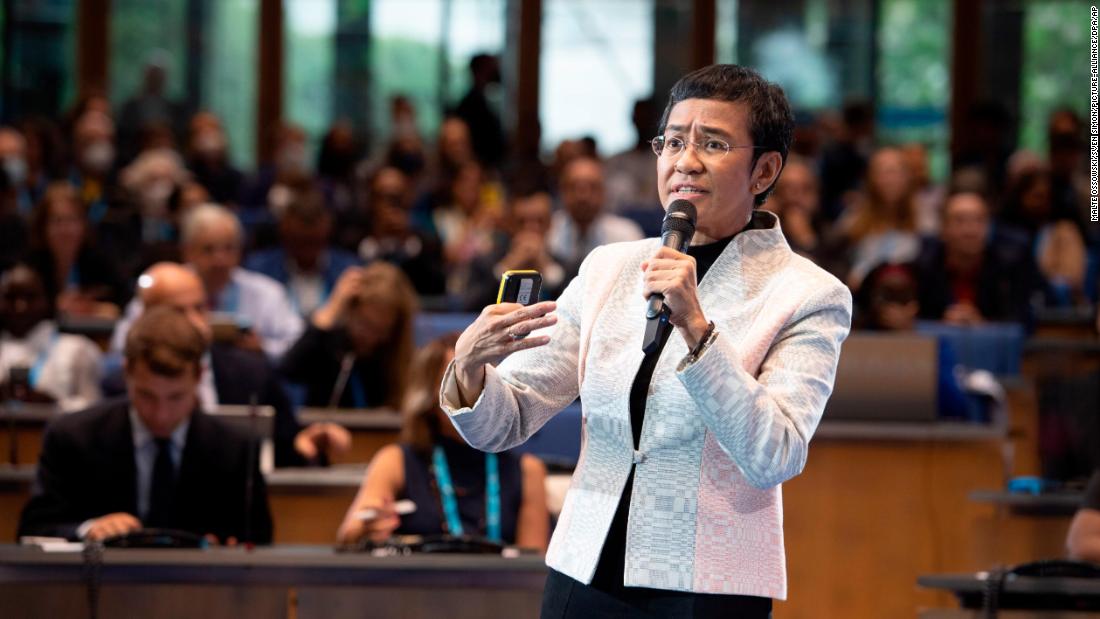
Ressa, CEO and founder of Rappler, released a statement during the East-West Center’s International Media Conference in Honolulu saying the Philippine Securities and Exchange Commission (PSEC) has upheld its earlier ruling to revoke the news site’s operating license.
A former CNN bureau chief and TIME Person of the Year, Ressa said the team will appeal this decision, “especially since the proceedings were highly irregular.”
“What does this mean? We have existing legal remedies all the way up to the highest court of the land. It is business as usual for us since in our view, this is not immediately executory without court approval,” Ressa wrote in an internal announcement to Rappler staff.
The SEC alleged that Rappler’s parent company “intentionally created an elaborate scheme” to cover an investment from a foreign source, and that the organization is a “mass media entity that sold control to foreigners.”
Constitutionally, mass media companies in the Philippines are blocked from foreign ownership.
The investment in question came from the Omidyar Network, a investment vehicle created by eBay founder and entrepreneur Pierre Omidyar, Rappler said at the time.
Rappler denied foreign ownership, and said the Philippine Depositary Receipt (PDR), a financial instrument that governs the Omidyar investment, did not give the network any control over the company. It said the arrangement was accepted by the SEC in 2015.
CNN has reached out to the Philippine SEC and the Philippine Embassy in the United States but has not yet heard back.
In an order released on Wednesday, the Philippine SEC “affirmed and reiterated its earlier finding” from 2018 that Rappler is a “mass media entity” and it had granted control to a foreign entity “through the Philippine Depositary Receipt issued to Omidyar Network.”
“Rappler and RHC willfully violated the constitution … when they granted Omidyar control,” the order said. “Considering the seriousness and gravity of the infraction, and that it was no less the constitution that was violated, this commission finds and so holds that the penalty of revocation … should be affirmed and sustained.”
